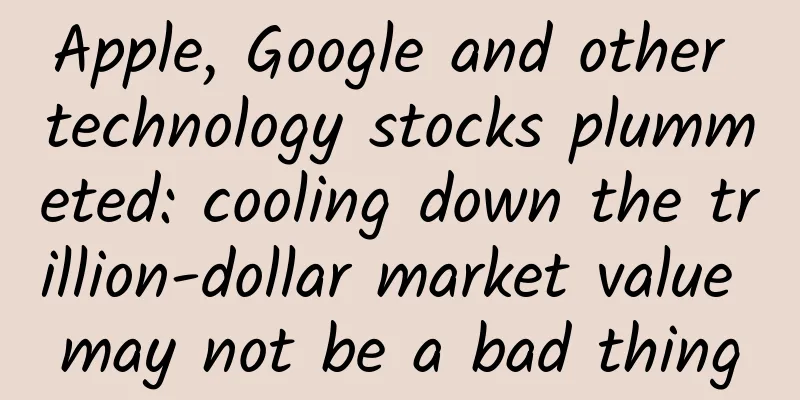Guangzhou mini program production and customization development, what are the processes for developing a mini program?

|
After the fifteenth day of the first lunar month, the company's business began to slowly return to normal, and many customers began to consult about "mini program development". During the consultation process, they encountered various problems, such as: How to develop a mini program? What information do I need to provide? How long is the development cycle? And other issues. Today, the editor will share with you the process of mini program development. What are the processes for customizing and developing a mini program? Let’s follow Feng Chao from Jimifeng Technology to learn more about it! Mini Program production and customization development, what are the processes for developing a mini program? 1. User experience The user experience is very important, as it can affect whether the user will stay and continue to use the mini program. Mini programs have many marketing functions. For example, if you directly enter the cities you have visited on the mini program, it will display them on a map and generate pictures. You can share these to your circle of friends and other marketing methods. This has a certain impact and can also increase the popularity of the mini program. In fact, the development requirements of mini programs are not high, as long as you actively meet user needs and improve user experience. 2. User needs When developing mini programs, companies that choose to customize the development of mini programs must clearly understand what the market needs are and develop mini programs based on the needs. Even though each industry has different needs and each person has different ideas, the idea of meeting user needs is exactly the same. 3. Upgrading In this era, everything is constantly being updated and changed. If you don’t advance, you will regress. The competition in the market is fierce. If you keep standing still, you won’t know who will surpass you or knock you down. Only by keeping up with the pace of the times and constantly updating and upgrading, your mini program will not be defeated, will it have greater competitiveness, and will it be able to better serve and satisfy the public. 4. Acceptance After your customized mini program is completed, you need to conduct an acceptance inspection to check whether the functions can be realized and whether the design meets your requirements. If there are any changes that need to be made, communicate with the partners and make modifications. The above is the customized development of mini program. What are the processes for developing a mini program? According to the specific information, Jimifeng Technology is an Internet company focusing on the development of mini programs, mini program production and design, and mini program operation and promotion. Jimifeng Technology is the first choice for mini programs! |
<<: How to replicate the success of Jiang Xiaobai and Heytea?
>>: 20 ways to promote and attract traffic on the Internet, save them!
Recommend
3000 words revealing the secrets of advertising on Xiaohongshu!
When it comes to the most popular APP in 2019, Xi...
Another way to bypass the non-public API restrictions on Android P and above
Last year, Android P introduced restrictions on n...
An inventory of the best value-for-money headphones at the end of the year: Which would you choose, WF-SP800N or Powerbeats Pro?
In recent years, "true wireless" headph...
Musk becomes the world's richest man, is the secret the "first principles"?
Musk is the richest man in the world, and he owns...
WeChat launches new feature: converting public account QR code into public account business card with one click
[[393108]] When operating public accounts, many n...
Magical things born from simplicity: Uncovering the origin of bioelectricity
Produced by: Science Popularization China Author:...
Increase fans! 6 practical ways to increase followers, I will teach you all of them today!
I have summarized 6 effective ways to increase fo...
Fun Box Game Set-Top Box First Test
At present, homogeneity is the biggest stumbling b...
Community operation SOP strategy!
SOP generally refers to standard operating proced...
618 headline traffic forecast and advertising suggestions!
618 headline traffic estimation & delivery su...
How to avoid pitfalls when promoting on Xiaohongshu? Xiaohongshu marketing promotion guide!
At present, the hottest brand marketing and promo...
Apple Watch has a head start
Do you remember the opening video of Apple Watch ...
Huawei Business Management Full Module Training Camp Value 4999
Huawei Business Management Full Module Training C...
Orange warning! It’s not too late for those who use sunscreen to know this →
Compiled by: Gong Zixin Not long ago The painful ...









